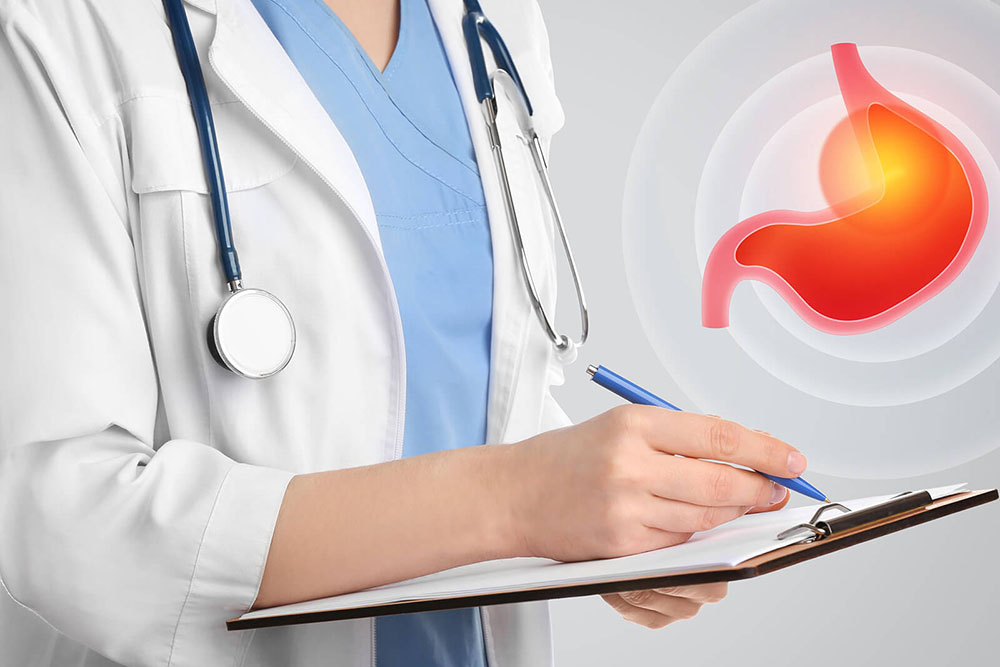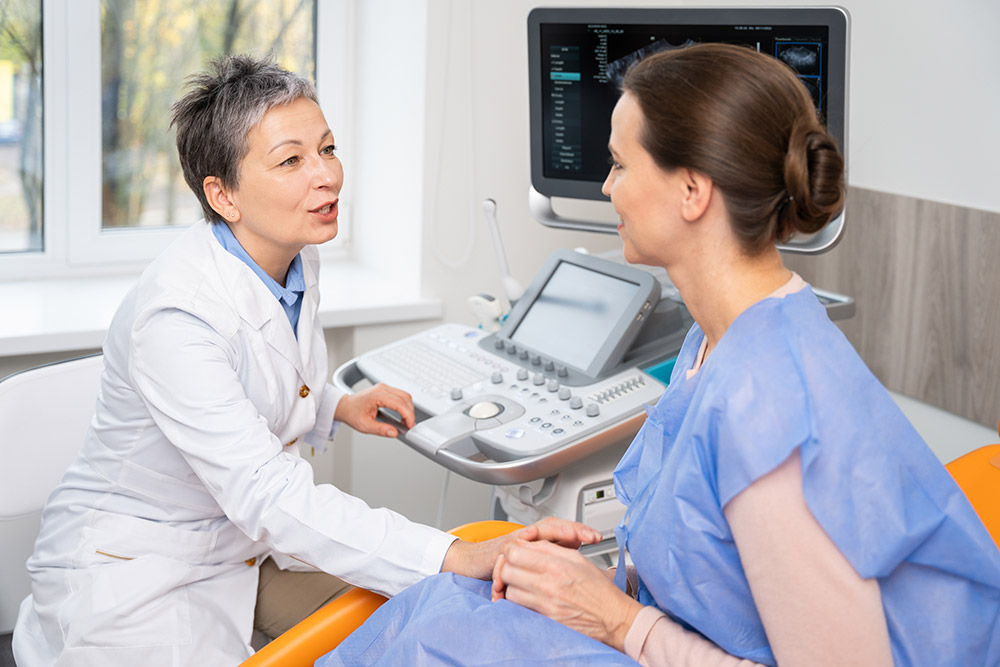What Is Crohns Esophagitis
Crohns esophagitis is inflammation of the esophagus driven by Crohns disease. Although Crohns most often attacks the intestines, it can affect any part of the gastrointestinal tract including the throat tube leading to pain, strictures, or ulcers in the esophagus.
Common Causes and Risk Factors
- Autoimmune response attacking healthy esophageal tissue
- Family history of Crohns disease or other inflammatory bowel diseases
- Poor diet, high stress levels, or tobacco use
- Imbalances in gut bacteria dysbiosis
- Previous Crohns flares elsewhere in the gastrointestinal tract
Signs and Symptoms
- Difficulty swallowing dysphagia
- Burning sensation in the chest or frequent heartburn
- Unintentional weight loss
- Chronic sore throat or persistent dry cough
- Bleeding, ulcers, or strictures in the throat
How Dr. Rishi Diagnoses Crohns Esophagitis
Dr. Rishi uses a step by step approach:
Medical History and Exam
He reviews your Crohns history, past flares, throat symptoms, and risk factors like family history and lifestyle.
Upper Endoscopy
A thin, flexible camera is guided down your throat to directly visualize inflammation, ulcers, or strictures in the esophagus.
Biopsy
During endoscopy, small tissue samples are taken to confirm Crohns related inflammation and exclude infections or other causes.
Imaging Studies
- CT or MRI scans assess deeper involvement, fistulas, abscesses, or external compression.
- Barium swallow esophagram outlines narrowing and motility issues along the esophagus.
Frequently Asked Questions
What is esophageal Crohns
Esophageal Crohns, or Crohns esophagitis, is inflammation of the esophagus caused by Crohns disease.
What are the main symptoms
Common signs include trouble swallowing dysphagia, chest burning or heartburn, weight loss, sore throat, dry cough, or throat ulcers.
How is esophageal Crohns diagnosed
Diagnosis typically involves an upper endoscopy to view the esophagus, a biopsy to check for inflammation, and imaging CT or MRI to assess deeper issues.
How is it different from eosinophilic esophagitis
Esophageal Crohns results from an autoimmune reaction linked to Crohns disease, while eosinophilic esophagitis is driven by allergic responses.
What treatment options are available
Treatment may include lifestyle and diet changes, proton pump inhibitors PPIs, swallowed steroids, immunomodulators, biologics, and minimally invasive procedures like endoscopic dilation or stent placement.
Can I live a normal life with esophageal Crohns
Yes. With the right diagnosis, personalized treatment plan, and dietary adjustments, most patients manage symptoms effectively and maintain an active lifestyle.
What foods should I avoid
Skip spicy, acidic, and hard foods that may hurt your throat.
What treatments work
PPIs, steroids, immune drugs, and biologics help reduce symptoms.
Does endoscopic dilation hurt
No. Sedation makes the procedure easy and painless.
Can I live a normal life with this
Yes. With the right treatment, you can feel better and stay active.











